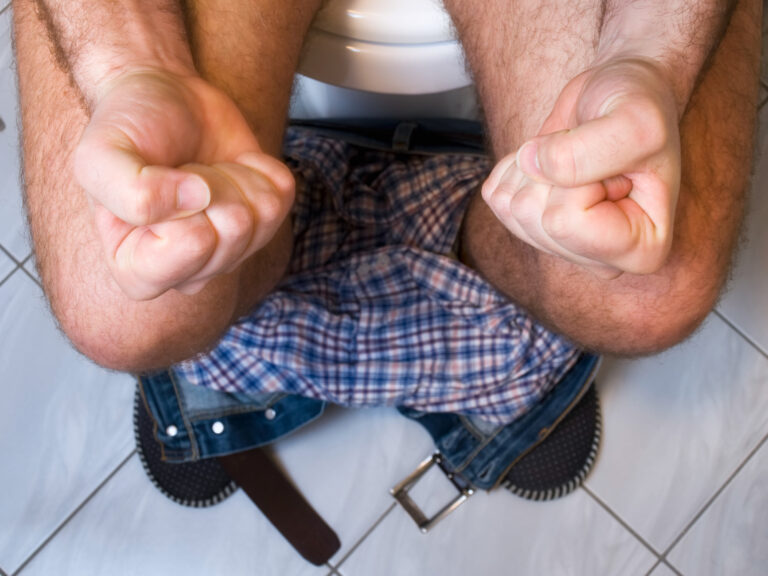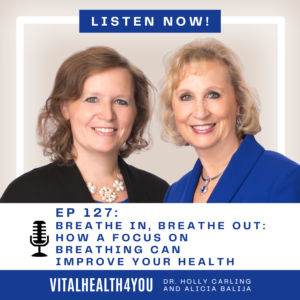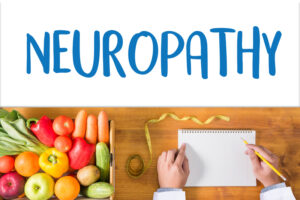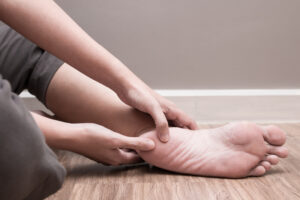Just recently a patient came in to be treated for constipation. The previous month he had asked his medical doctor how long he could go without having a bowel movement. He told him he hadn’t gone in a month. “How long is too long?” he asked. He was stunned by the answer: “It doesn’t matter. When it gets to the point that you can no longer stand it, we’ll just take your colon out!” Mortified at the possibility, and not given a satisfactory answer, he called us for help.
You are officially considered constipated if you have 3 or fewer bowel movements per week. However, most health care providers agree that less than one bowel movement per day constitutes constipation. Healthy is 2-3 per day – one for every full meal that you eat in a day. Healthy is also formed, comes easily with minimal straining, and should be a brown color. Black, red, magenta, green, yellow and white is an indication something is wrong.
First of all, constipation is a symptom, not a disease. It is a good external monitor for the general health of your body. Most people know that stools contain the waste-byproducts of foods eaten. However, that is only half of the dry weight of stools. The other half is dead, discarded cells, bacteria, viruses, parasites and other metabolic wastes from normal physiological functions. That is why you may still have a bowel movement even though you may not eaten anything for a day or two. When this system is gummed up, you may be reabsorbing these waste products. That’s not good.
Understanding where constipation comes from is the best starting point in resolving this health concern. Dietary and lifestyle habits are the number one cause of constipation, though there are other factors as well.
If the colon absorbs too much water or if peristalsis (the muscular contractions that propel the waste products through the colon) is inadequate, the stools can be hard and dry. This is a more difficult cause to resolve (but not impossible). Most other causes, which are also more common causes, are well within our control. First is inadequate fiber in the diet. It is best to have both soluble and insoluble fiber in the diet. The best way to do this is to ensure your diet contains both raw and lightly steamed vegetables, fruits and whole grains. It is also best that you have all that in a minimum of 2 of your daily meals.
Next is lack of physical movement. Regular physical activity, whether aerobic or strength training is helpful. Yoga, stretching and Pilates are also great for keeping tone and movement of the bowels.
Certain foods tend to be constipating. Pasteurized milk products, especially cheese, white flour products, bananas, and processed sweet bakery foods can contribute to constipation, especially if they are consumed in lieu of fresh vegetables and fruits. A diet lacking in meats and other healthy fats can also be constipating. When eating meats or other foods containing fat, bile is released to emulsify the fat. Bile is the number one chemical bowel mover the body makes. But it is released only when called to act on fat in the diet. Fat free diets are notorious for being constipating. On the fat note: processed fatty foods, such as fried foods, tend to be constipating because of the breading and other such ingredients typical of fried foods.
Many medications have a side effect of constipation. The most common include: pain meds (especially narcotics), acid-blocking meds, antacids, anti-parkinson meds, blood pressure meds, antidepressants, antispasmodics, diuretics, anticonvulsants and certain iron supplements.
Other causes of constipation include changes in life routines, such as vacationing, pregnancy, or change in job; dehydration, certain medical conditions such as MS, Parkinsons, stroke, spinal cord injuries, diabetes, blood sugar issues, and hypothyroidism. Having constipation does not mean you have the above diseases. Those diseases typically include constipation.
Too frequent use of laxatives, certain bowel conditions, functional problems with the colon or diseases of the colon or rectum also can result in constipation. Dehydration can occur even with sufficient water intake if the person is also consuming alcohol, coffee, or caffeinated teas – all of which are diuretics.
Sometimes constipation is because of not taking the time to go to the bathroom. We get so busy that even when we get the urge to go, we put it off, because something else is more pressing. The good news is that even when trained to not go, we can re-train ourselves to go regularly again. I “lovingly” tell my patients they need to be potty trained! That involves sitting on the ceramic throne every morning upon arising, without fail, and bear down (not hard enough to give yourself hemorrhoids!), softly, every so often for 5-10 minutes, every day. After 3-14 days, the bowels will get the hint and start moving regularly. Once that has become a habit, do the same technique before bed every night. Once you go twice per day, hallelujah!
Another helpful suggestion is to include the regular use of probiotics. The best probiotics are ones you create by making homemade yogurt, sauerkraut or other cultured foods. Probiotics in store-bought yogurt or in a bottle are the second best options.
From a health standpoint: as constipation is the symptom of another problem, that problem needs to be resolved. While it is most commonly a digestive issue that needs corrections, it could be a number of other health issues as well. The use of acupuncture, chiropractic, herbal and nutritional remedies are generally the best option for getting down to the core cause of constipation. Just taking laxatives (whether herbal or OTC) is not recommended for long term. Fixing the digestion or other cause is essential.
©2012 Holly A. Carling, O.M.D., L.Ac., Ph.D.







